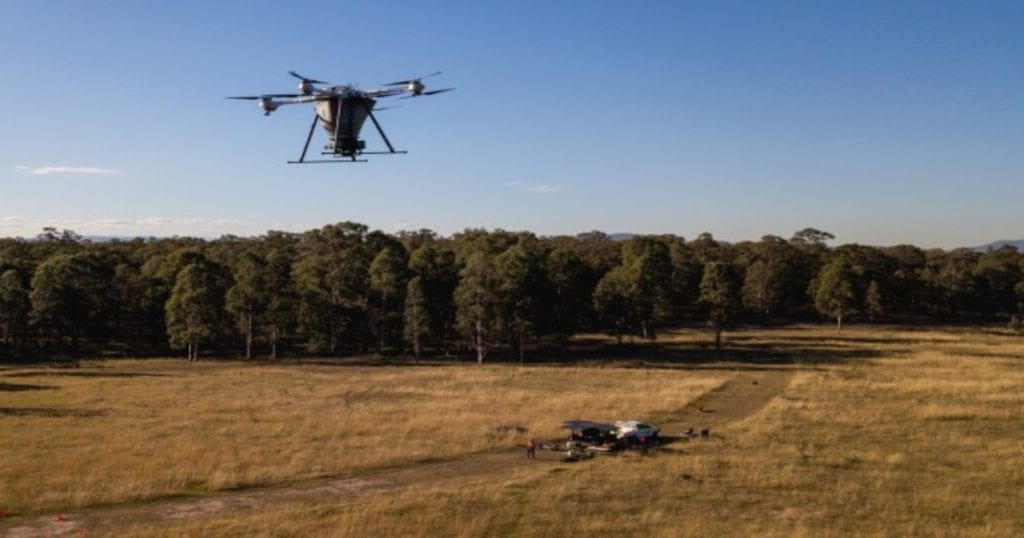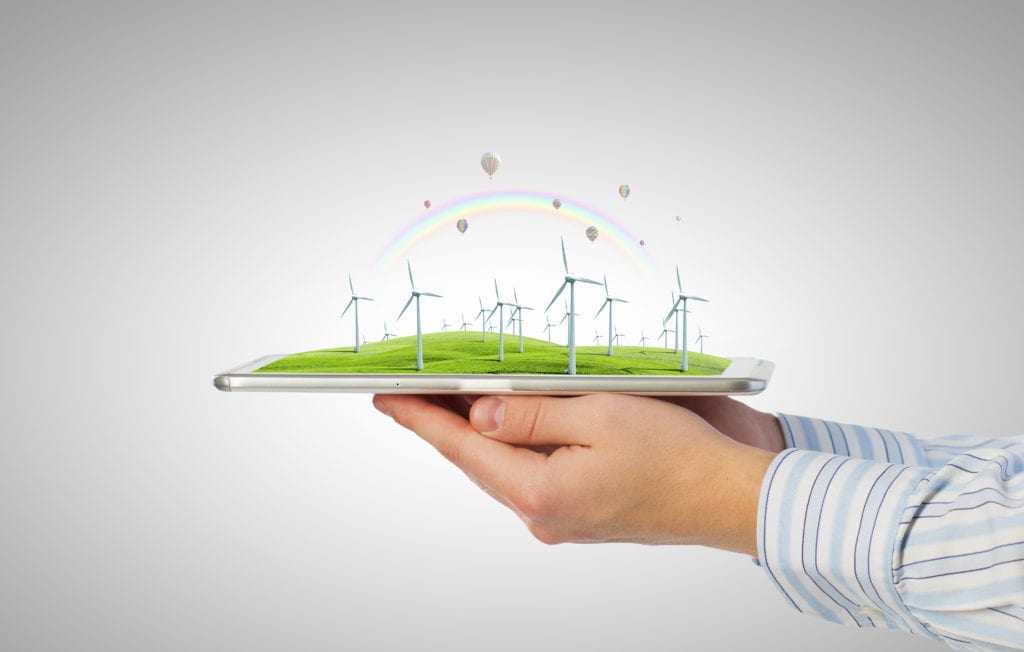2020 has been an unprecedented year. COVID-19 took over the world on an immeasurable scale, and yet, individuals and businesses continued their research and development, creating high quality innovative products. This has been undoubtedly true for those with environmental sustainability central to their ethos. A number of companies have created new products and services that will help to diminish environmental damage, from wooden debit cards to clear paper packaging.
Collect and Recycle explore their top green innovations of 2020.
TreeCard
TreeCard is a wooden debit card that donates 80% of its profits to reforestation. Their main source of funding is from the popular eco-friendly search engine, Ecosia. Ecosia has the same ethos of environmental sustainability. They donate 80% of the profit they make from advertisements to reforestation.
TreeCard’s profits are generated from interchange; the fee paid by merchants for card payments. The card is yet to be circulated, but the waiting list to receive one has already surpassed 115,000, and is rising daily.
The card comes with an app, where users can track spending, split bills, and track their reforestation impact. This will help users make greener lifestyle choices, as they can see the trees being planted.
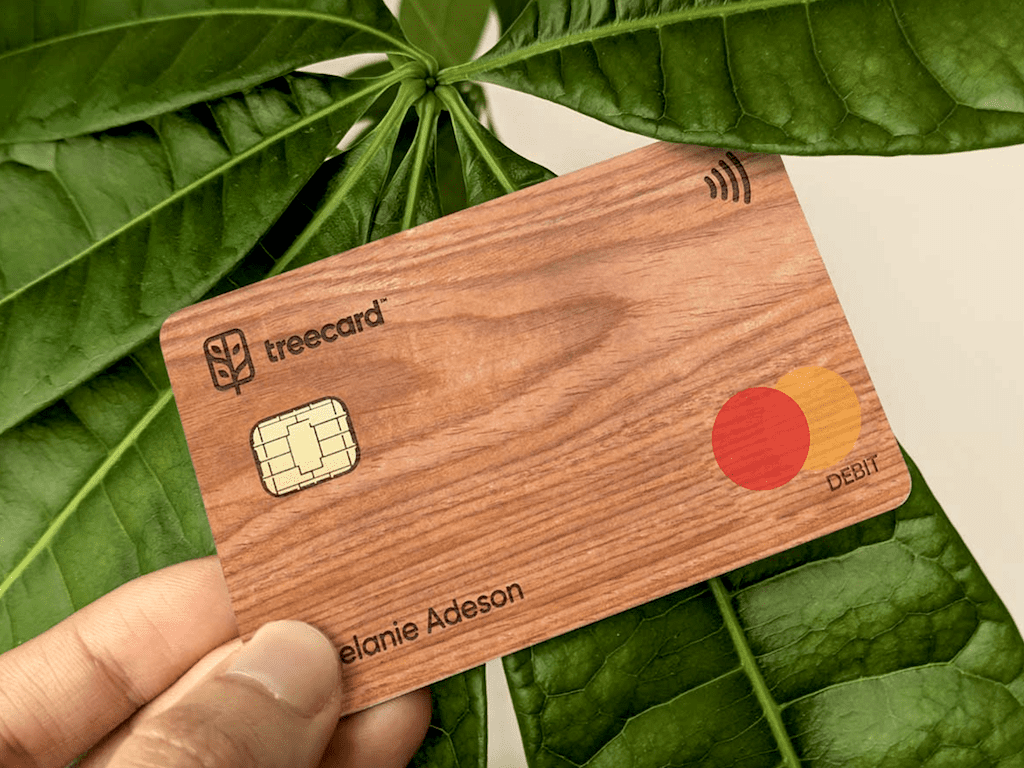
Copenhill
A new facility in Copenhagen may have become the most eco-friendly building in the world. Copenhill, created by Bjarke Ingels Group, is a facility that is both a power plant and an urban mountain sport facility. As a power plant, Copenhill incinerates waste, and using catalytic filtration, removes the smokes’ pollutants. The result is that it is the cleanest waste-to-energy facility in the world. Per year, 440,000 tonnes of waste power 150,000 homes. Housing in the surrounding urban neighbourhood of Copenhill is in high demand.
As an outdoor sports facility, it’s roof doubles as a ski slope. It also has a climbing wall, and a hiking trail. Copenhill is in line with Copenhagen’s ambition to be completely carbon-neutral by 2025.
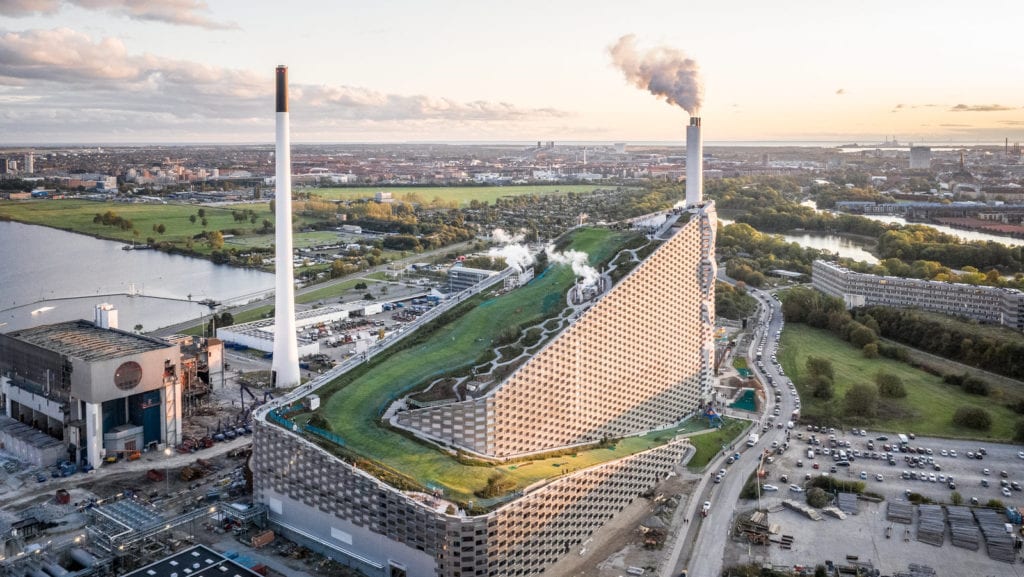
Sylvicta
Food packaging has been central to a great deal of single-use plastic debate both in the UK and globally. However, much of the biodegradable plastic that companies have switched to in packaging aren’t as sustainable and degradable as they seem. Arjowiggins, popular paper manufacturer, has announced their new innovative product: Sylvicta. Slyvicta challenges the need for plastic food packaging by creating clear, paper packaging. The paper provides the same barrier against oxygen that plastic does. Sylvictica performs the same as plastic packaging, without the negative environmental impact that comes with it.
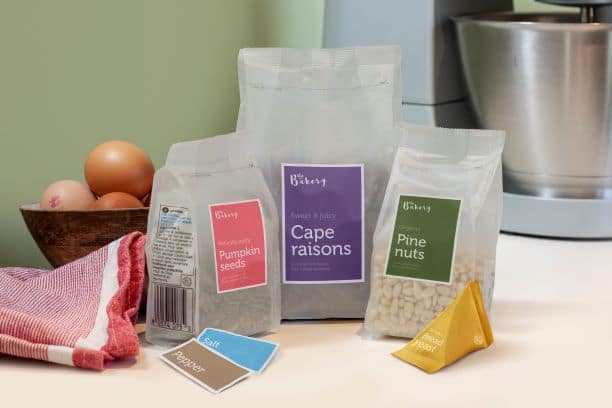
Perfect Day Dairy Products
Increasing awareness has been placed on the high CO2 emissions produced by meat farming. However, dairy farming is just as impactful. Butter ranks third as most CO2 emissions out of all animal products. Perfect Day has created synthesised whey protein using cow DNA. They create lab-grown dairy products without the cow. They sell their dairy products to a range of partners. Lab-grown dairy products demonstrate the new face of sustainable consumption.
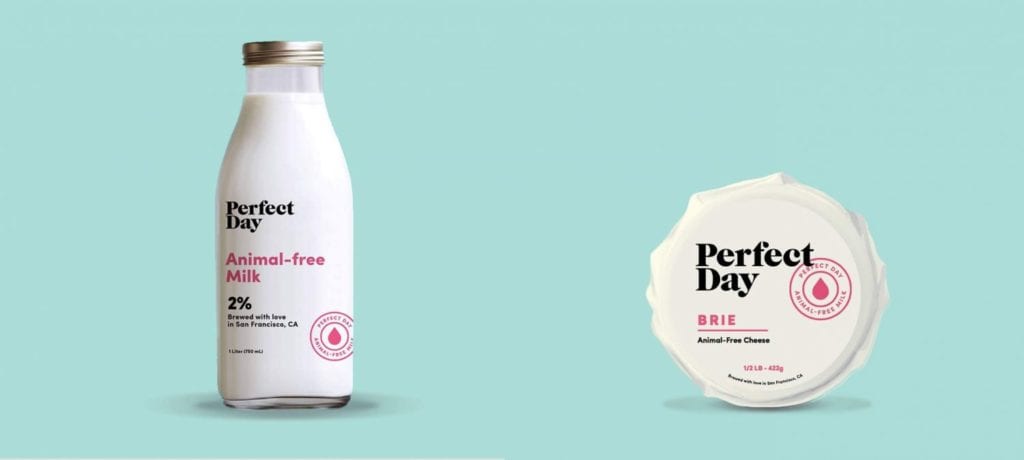
PrimaLoft PURE Insulation
The origin of most synthetic insulation in jackets is far from green. Synthetic insulation fibres go through hot ovens which use fossil fuels to be heated. THerefore, many high quality winter coats have huge emissions attached. PrimaLoft has created a sustainable filler for jackets that is exposed to ambient air as opposed to high emission ovens. While the PrimaLoft process is slower, the impact on the environment is worth it. Their techniques will produce 48% less CO2 than regular synthetic insulation creation.

Tree Firing Drones
Australian start-up, Dendra Systems, uses drone technology to assess land fertility. The drones then fire seed pods onto the earth area with growth potential. They focus on land that has been burned or converted for intensive farming. The method is 150 times faster than manual planting, and much more cost-effective.
